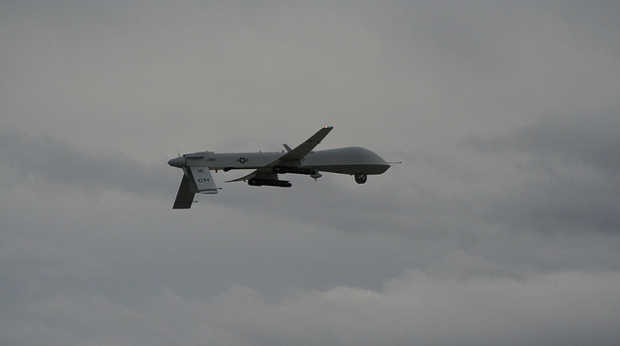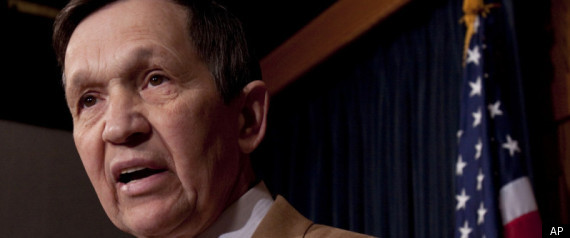Hawks Pushing for U.S. Troops in Iraq
Private ‘contractors’
By Tom Hayden
Beaver County Peace Links via TomHayden.com
American hawks are blaming President Obama for a premature withdrawal from Iraq, as if a few thousand American troops could prevent the country's current sectarian convulsion. The peace movement needs to unite against the framing of this blame game in which Obama "is likely to draw new criticism for failing to negotiate an extension of the American troop presence in Iraq."
Kenneth Pollack, longtime supporter of the occupation says the present instability is "a clear and unmistakable challenge" to Obama's policy. The mainstream media has adopted the same narrative. The political theme of "losing" countries to foreign enemies is a powerful current in America's political culture.
The reality is that both Republicans and Democrats supported the overthrow of Saddam Hussein and his inevitable replacement by a Shiite-led majority coalition with close links to Iran and an enduring hostility to Iraq's Sunni minority. The notion of a united, secular and nationalist Iraq was a delusion. The regime in Baghdad is authoritarian, sectarian, and harbors dungeons where thousands of Sunnis have been tortured. Al-Maliki also is a deeply disturbed and paranoid leader who is haunted by fears of conspiracies everywhere.
Al-Maliki recently met with Obama to plead for American support of the faltering Assad dictatorship in Syria, clear evidence that al-Maliki sides with Iran in the region's geo-politics. The besieged Syrian majority is Syrian, and they share a long border with the Sunni-populated provinces of Iraq, such as Anbar province.
Iraq is spiraling towards brutal repression or civil war, unless the Sunni minority there is fortified by the Sunni-based revolution in Syria. That would potentially deter al-Maliki and Iran's ambitions in Iraq, and ironically align the US with some of the very Sunnis who supported the 2003 insurgency against the American invasion then turned around to fight with the Americans against al Qaeda's Iraqi branch.
Concerned Americans can do little if anything about these developments except encouraging the Obama administration to pressure for rapid, decisive and democratic change in Syria.
Some in the blogosphere claim that Obama isn't really withdrawing from Iraq. They couldn't be more wrong, as the storm gathers in Baghdad and mainstream blame mounts in the US. Fortunately for Obama, a vast majority of Americans are tired of Iraq and fully support the pullout - over 80 percent of Democrats and Independents, and 58 percent of Republicans.
Follow Tom Hayden on Twitter: www.twitter.com/TomEHayden







 Blinded by Fright
Blinded by Fright





 June 13, 2011 - A plurality of voters now opposes further U.S. military action in Libya, and most say President Obama needs congressional approval to continue those operations.
June 13, 2011 - A plurality of voters now opposes further U.S. military action in Libya, and most say President Obama needs congressional approval to continue those operations. 

 Five Eye-Opening Facts About Our
Five Eye-Opening Facts About Our 





 By Jon Walker
By Jon Walker 







